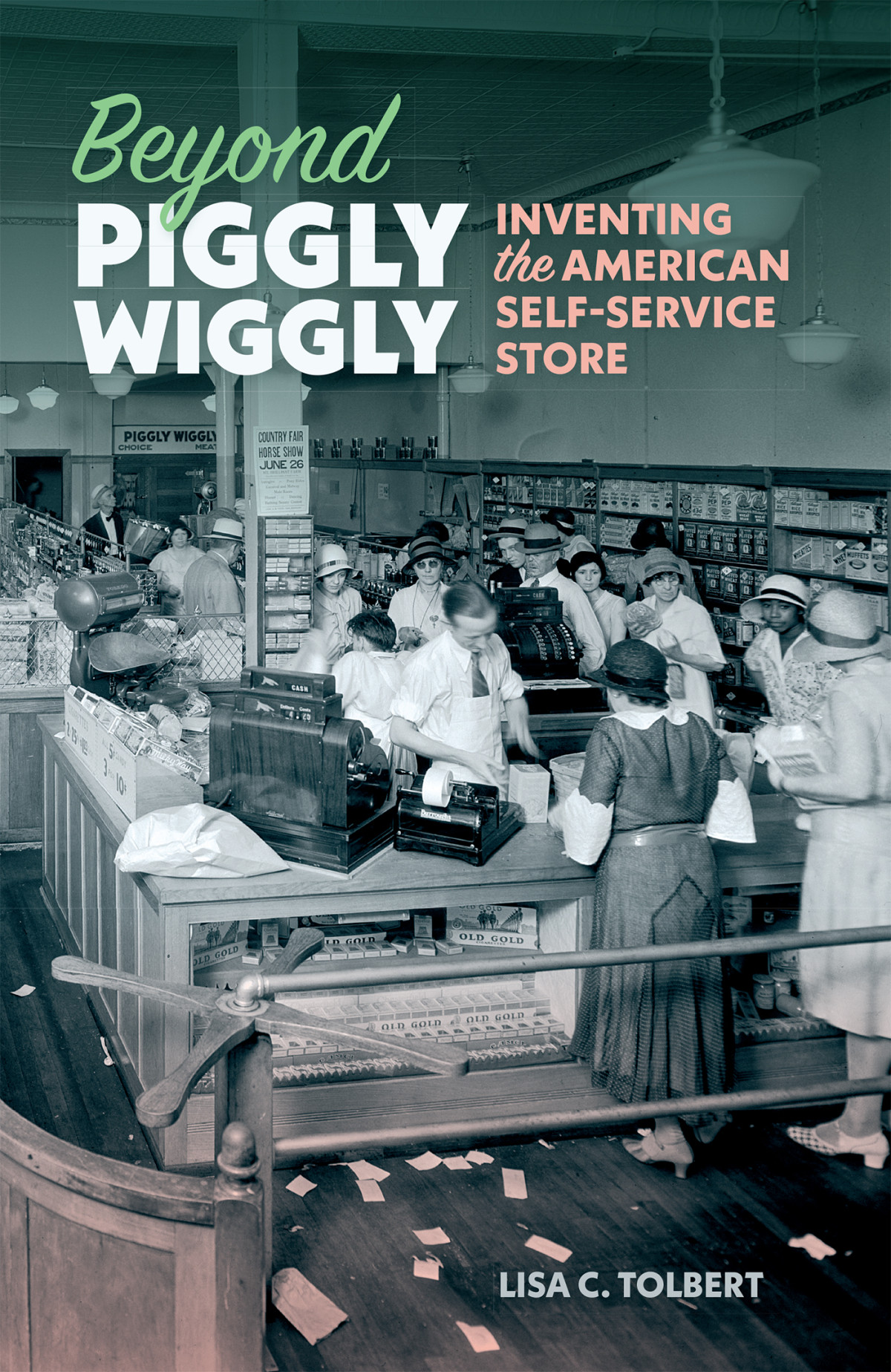

Most ebook files are in PDF format, so you can easily read them using various software such as Foxit Reader or directly on the Google Chrome browser.
Some ebook files are released by publishers in other formats such as .awz, .mobi, .epub, .fb2, etc. You may need to install specific software to read these formats on mobile/PC, such as Calibre.
Please read the tutorial at this link: https://ebookbell.com/faq
We offer FREE conversion to the popular formats you request; however, this may take some time. Therefore, right after payment, please email us, and we will try to provide the service as quickly as possible.
For some exceptional file formats or broken links (if any), please refrain from opening any disputes. Instead, email us first, and we will try to assist within a maximum of 6 hours.
EbookBell Team

0.0
0 reviewsPatented in 1917, Piggly Wiggly was by far the most influential self-service store of the early twentieth century. Before 1940 it was the only self-service chain with a national distribution network, but it was neither the first nor the only version. Beyond Piggly Wiggly reveals the importance of Piggly Wiggly in the invention of self-service and goes beyond the history of a single firm to explore the role of small business entrepreneurs who invented the first self-service stores in a grassroots social process.
During the 1920s and 1930s a minority of enterprising grocers experimented with a wide variety of (sometimes wacky) design ideas for automating shopping. They created specialized stores designed as enclosed retail systems that went far beyond open display techniques to construct unique physical and psychological advantages for automating salesmanship. Beyond Piggly Wiggly offers the first perspective on the national scale of experimentation and connects the southern Jim Crow origins of self- service to the national history of this mass retailing method. Empirical analysis of store arrangements demonstrates how small stores that have previously been overlooked or undervalued as quaint anomalies were integral to the creation of supermarkets. Ultimately, self-service was more than a business decision; it was a fundamentally new social practice.